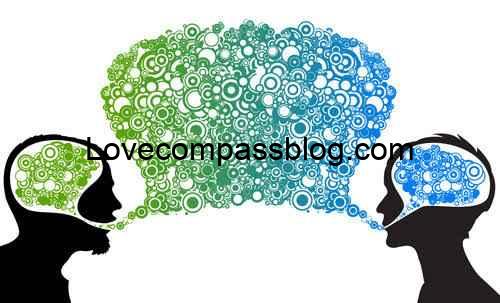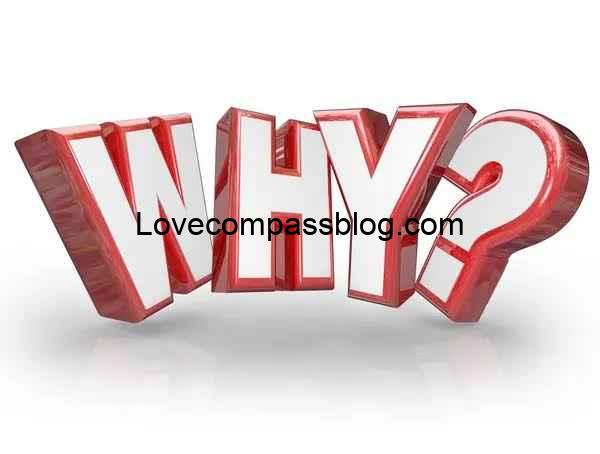Dealing with a Partner Who is Emotionally Unavailable

Ever felt like you’re constantly hitting an emotional wall with your partner? Like you’re giving your all but receiving little to nothing in return? If so, you’re not alone. Many people find themselves in relationships with emotionally unavailable partners, where emotional closeness seems elusive. This disconnect can leave you feeling isolated, neglected, and even questioning whether the relationship is worth the effort. But what does it mean to have an emotionally unavailable partner, and can the relationship still work?
Relationships thrive on emotional intimacy. When one partner withdraws or avoids vulnerability, it creates an imbalance that can strain the connection. Understanding emotional unavailability—its causes, signs, and potential solutions—can empower you to make informed decisions about your relationship. This article dives deep into the complexities of emotionally unavailable relationships, offering practical strategies to cope, heal, and determine if it’s time to stay or walk away.
Emotional Unavailability
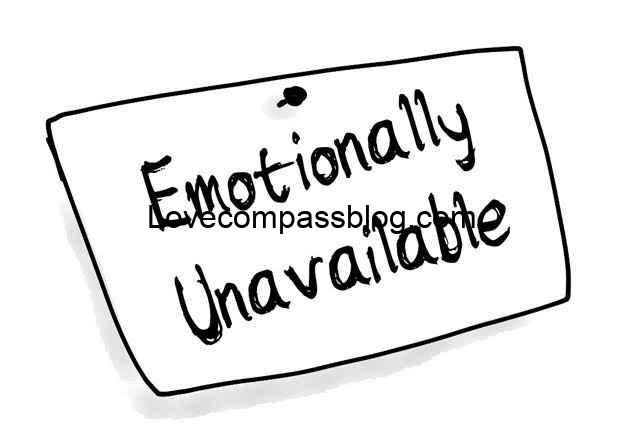
What is Emotional Unavailability?
An emotionally unavailable partner is someone who finds it challenging to express feelings, be vulnerable, or engage in meaningful emotional interactions. This detachment is often unintentional, yet it profoundly impacts the emotional dynamics of a relationship. Emotional unavailability is not about temporary distancing during stressful times—it’s a consistent pattern of avoiding emotional intimacy.
There are varying degrees of emotional unavailability. Some partners may engage in the relationship on a surface level, while others completely avoid emotional closeness. Understanding this distinction helps you assess how deep the emotional divide is and whether it’s something that can be addressed.
Root Causes of Emotional Unavailability
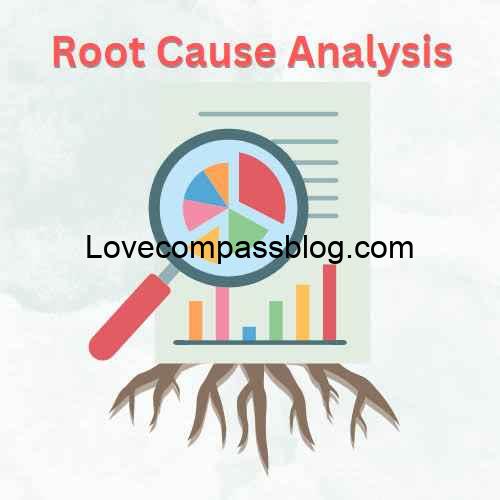
Several factors contribute to emotional unavailability, and these root causes are often deeply embedded in an individual’s experiences and emotional history:
- Attachment Styles: According to attachment theory, individuals with avoidant attachment styles tend to push away emotional closeness. They learned early in life to associate emotional intimacy with discomfort, often due to unmet emotional needs in childhood. This avoidance becomes a self-protective mechanism.
- Fear of Vulnerability: For many, emotional unavailability stems from a fear of being vulnerable. Opening up emotionally can feel threatening, especially if they’ve been hurt in the past. This fear of rejection or abandonment creates an emotional barrier, making it difficult for them to connect deeply with their partner.
- Past Trauma: Individuals who have experienced trauma, particularly in previous relationships or childhood, may build emotional walls as a form of protection. Trauma survivors often struggle with trust, fearing that being vulnerable will lead to more pain.
- Commitment Issues: Some emotionally unavailable people equate emotional closeness with commitment, which they may fear. The prospect of commitment can trigger anxiety, leading them to emotionally withdraw.
Recognizing the root cause of your partner’s emotional unavailability is crucial. It helps you approach the situation with empathy and understanding, although it doesn’t guarantee the relationship will flourish.
Signs of an Emotionally Unavailable Partner
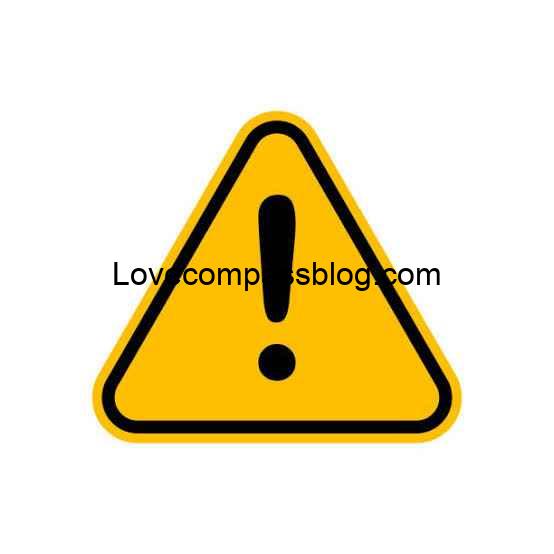
Key Signs to Look For
Emotional unavailability manifests in various ways. If you’re questioning whether your partner is emotionally unavailable, here are some red flags to consider:
- Avoidance of Emotional Conversations: Does your partner shy away from discussing emotions, relationships, or anything beyond the surface level? If your partner tends to change the subject or dismisses your feelings, they might be emotionally unavailable.
- Inconsistent Affection: One day they’re affectionate, and the next, they’re distant. This inconsistency can leave you feeling confused and emotionally starved.
- Fear of Commitment: An emotionally unavailable partner may be hesitant to talk about the future, avoid discussing commitment, or actively resist defining the relationship. This could be a clear indicator of deeper emotional issues.
- Lack of Vulnerability: Vulnerability is key to emotional intimacy. If your partner rarely opens up about their fears, past experiences, or personal struggles, they may be emotionally unavailable.
- Detachment in Relationships: Emotional distance might not be overt, but it’s often reflected in how your partner interacts with you. A detached partner is unlikely to engage in intimate conversations or offer emotional support when you need it most.
Emotionally Unavailable Partner Meaning
An emotionally unavailable partner finds it difficult or undesirable to engage emotionally in a relationship. They may be present physically but absent emotionally, creating a one-sided dynamic. This behavior can make you feel neglected or unloved, even if their intentions aren’t malicious. Their emotional unavailability is often a defense mechanism, not a reflection of your worth.
Emotionally Unavailable Partner Signs
Additional signs of emotional unavailability include:
- Emotional Coldness: This is one of the most telling signs. Emotionally unavailable people often seem cold or indifferent when it comes to emotional matters.
- Love Avoidance: They may show affection but retreat when things get serious, particularly when the relationship demands emotional depth.
- Inability to Offer Support: They may find it hard to provide emotional support, leaving you feeling unsupported or alone during tough times.
Recognizing these behaviors is key to identifying whether you’re in a relationship with an emotionally unavailable person. It can help clarify the emotional struggles you’re facing and why they persist.
Can a Relationship Work with an Emotionally Unavailable Partner?

Relationship Dynamics
Can a relationship survive despite emotional unavailability? The answer is complicated. While it’s possible, it requires significant effort from both partners, particularly from the emotionally unavailable person. For a relationship to succeed, both partners must be emotionally present and willing to nurture the emotional aspects of the relationship.
In most cases, a relationship with an emotionally unavailable partner often feels one-sided. You may find yourself constantly trying to break through their emotional barriers without success. While you might hope that things will change, emotional unavailability rarely resolves on its own without self-awareness and a desire for change.
How to Make It Work: Communication and Boundaries
For a relationship with an emotionally unavailable partner to work, it’s essential to establish clear boundaries and develop effective communication strategies. You need to express your emotional needs without being confrontational. Encourage your partner to engage in open dialogue about their feelings, but also recognize when it’s time to step back.
Additionally, both partners must work on their emotional intelligence. This includes being aware of emotions, understanding emotional triggers, and finding ways to cope with them. In some cases, professional counseling or therapy may be necessary to help both partners navigate emotional unavailability.
However, if your partner remains resistant to change and continues to shut you out emotionally, the relationship might not be sustainable in the long run.
How to Deal with an Emotionally Unavailable Partner

Coping Strategies for Emotional Distance
If you’re committed to staying in the relationship, there are ways to cope with the emotional distance:
- Encourage Open Communication: Try to create a safe space where your partner feels comfortable discussing their feelings. Keep in mind that pushing too hard might cause them to retreat further.
- Express Your Emotional Needs: Be clear about what you need emotionally. Whether it’s more affection, communication, or quality time, let your partner know what you’re missing in the relationship.
- Work on Building Emotional Connection: Focus on fostering emotional intimacy. This might involve spending quality time together, engaging in deep conversations, or even sharing personal experiences to help bridge the emotional gap.
- Practice Patience: Emotional growth takes time, and it’s important to be patient as your partner works through their emotional barriers. However, patience shouldn’t come at the expense of your emotional well-being.
Balancing Support and Boundaries
While it’s essential to offer emotional support to your partner, you also need to set healthy boundaries. Emotional unavailability can drain you, and you must protect your own emotional health. Encourage your partner to seek help, whether through therapy or self-reflection, but don’t let their emotional struggles consume you. You are not responsible for fixing them.
When to Walk Away
When to Leave an Emotionally Unavailable Partner
Sometimes, despite your best efforts, the relationship might not improve. Here are clear signs that it might be time to leave:
- Consistent Emotional Withdrawal: If your partner consistently pulls away and shows no signs of changing, it may be time to prioritize your emotional health.
- Unmet Emotional Needs: If your emotional needs remain unmet despite trying to address the issue, staying in the relationship may lead to long-term emotional harm.
- Lack of Effort from Your Partner: If your partner is unwilling to work on their emotional availability or seek help, it’s a strong indicator that the relationship may not be salvageable.
How to Detach Emotionally
Detaching from an emotionally unavailable partner is often necessary for your emotional well-being. This process may involve:
- Focusing on Self-Care: Spend time nurturing your emotional health. Engage in activities that bring you joy and surround yourself with supportive people.
- Setting Clear Boundaries: Let your partner know where you stand emotionally. If they continue to resist emotional intimacy, it’s time to create distance.
Saying Goodbye to an Emotionally Unavailable Partner
If you’ve decided it’s time to leave, ensure you do so with grace and closure. Saying goodbye to an emotionally unavailable partner can be difficult, but it’s crucial for both your healing. Be kind but firm, and avoid lingering in the relationship once you’ve made your decision.
Turning the Tables: Encouraging Emotional Growth
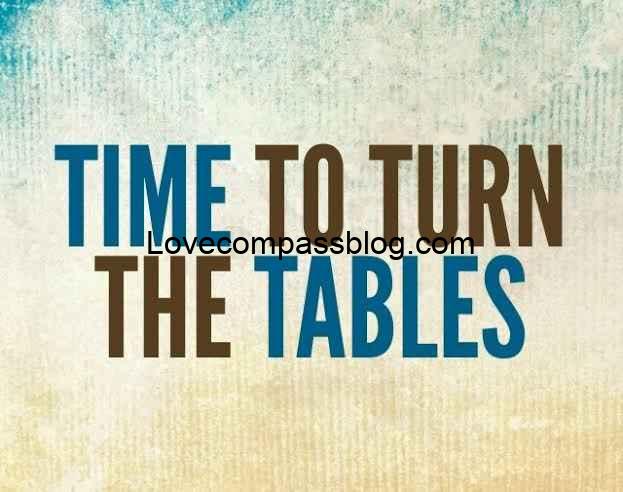
How to Turn the Tables on an Emotionally Unavailable Man
In some cases, you can shift the dynamic by fostering emotional vulnerability. Start by being open about your feelings and encourage your partner to do the same. By setting the example, you create a space where they may feel more comfortable sharing their emotions.
This approach, however, requires patience and empathy. You can’t force emotional growth, but you can gently encourage it. If your partner begins to show signs of opening up, reward that behavior with positive reinforcement. Acknowledge their effort and let them know you appreciate their vulnerability.
Building Trust and Emotional Security
Another way to “turn the tables” is by creating a safe, non-judgmental environment. Emotional unavailability often stems from a fear of being hurt, so building trust is key. Focus on fostering emotional security, where your partner feels assured that sharing their emotions won’t lead to rejection or ridicule. While it may take time for your partner to fully trust and open up, consistent positive experiences can help them gradually lower their emotional defenses.
Recognizing When Change Isn’t Possible
Confessions of an Emotionally Unavailable Man
Some emotionally unavailable individuals may openly acknowledge their limitations. These confessions can range from admitting their fear of intimacy to expressing their unwillingness to change. If your partner admits they cannot or will not work on their emotional availability, it’s crucial to take these confessions seriously.
Staying in a relationship where emotional growth is impossible will only lead to prolonged frustration and emotional pain. While you may feel empathy for your partner, you cannot change them unless they want to change themselves. Recognizing when it’s time to walk away is essential for your emotional health and well-being.
Emotionally Unavailable Test: Can This Relationship Be Saved?
A helpful way to assess the future of your relationship is by considering an “emotionally unavailable test.” This isn’t a formal test but rather a self-assessment of the relationship dynamics. Ask yourself:
- Has my partner made any effort to improve emotional intimacy?
- Do they acknowledge their emotional unavailability and show a willingness to change?
- Am I constantly feeling drained, frustrated, or emotionally neglected?
If the answers suggest that there’s little progress or willingness to change, it may be time to reassess the relationship’s future.
How to Say Goodbye to an Emotionally Unavailable Partner
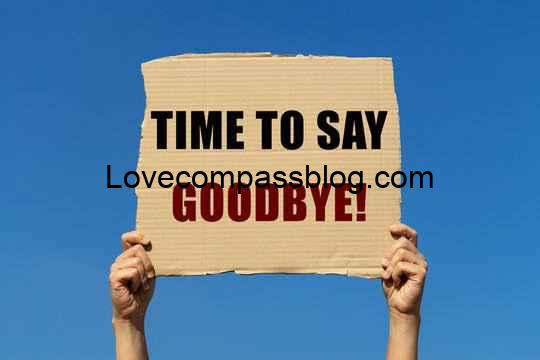
Ending the Relationship Gracefully
When it’s clear that emotional growth isn’t possible, the next step is saying goodbye to an emotionally unavailable partner. Ending a relationship is never easy, but it becomes necessary when emotional distance persists, despite your best efforts.
Here are steps to say goodbye with closure:
- Have a Clear Conversation: Communicate your feelings openly and honestly. Explain why the relationship is no longer working and how their emotional unavailability has affected you.
- Be Firm but Compassionate: Acknowledge their struggles but remain firm in your decision. Avoid being swayed into staying out of guilt or pity.
- Focus on Self-Healing: After the breakup, prioritize your healing process. Surround yourself with a support system, engage in self-care, and seek professional guidance if necessary.
It’s important to recognize that leaving an emotionally unavailable partner isn’t a reflection of failure—it’s an act of self-care and emotional self-preservation.
Healing and Moving Forward
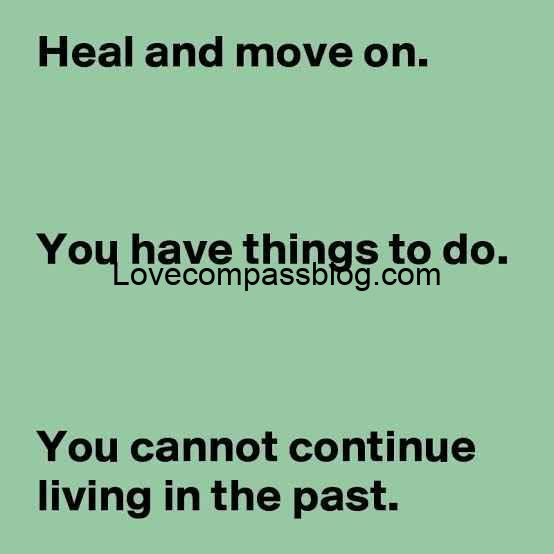
Detaching from an Emotionally Unavailable Partner
Once you’ve made the decision to end the relationship, emotional detachment is essential. This means setting clear emotional boundaries, cutting ties if necessary, and focusing on healing. It can be difficult to distance yourself from someone you’ve invested time and emotions in, but detaching from someone who is emotionally unavailable is critical for your own emotional well-being.
- Embrace Self-Love: Reclaim your emotional energy by practicing self-love. Engage in activities that nurture your soul, whether that’s spending time with loved ones, pursuing hobbies, or seeking therapy.
- Rebuild Your Emotional Confidence: The emotional neglect experienced in these relationships can take a toll on your self-worth. Spend time rebuilding your emotional confidence and reminding yourself that you are deserving of love, care, and attention.
Moving On from Emotional Detachment in Relationships
Emotional detachment can leave lingering scars, but moving on is possible. The key is to avoid jumping into another relationship before fully healing. Take time to process your emotions and ensure that you are emotionally available yourself before seeking new connections.
Conclusion
Dealing with an emotionally unavailable partner is undoubtedly challenging and often emotionally draining. While there are strategies to encourage emotional growth, change can only happen if your partner is willing and self-aware enough to take steps towards emotional availability. By understanding the root causes, recognizing the signs, and knowing when to detach, you can protect your emotional health and avoid the painful cycle of neglect.
Whether you decide to stay and work on the relationship or walk away, the most important aspect is ensuring that your emotional needs are met. Now that you know this, you can take proactive steps to nurture emotional intimacy, either within the relationship or in your own journey of healing. If you’re currently navigating the complexities of emotional unavailability, remember that your emotional well-being comes first. Prioritize yourself, and never settle for less than you deserve.
Call to Action:
If you’re struggling in a relationship with an emotionally unavailable partner, it’s important to seek support. Whether through therapy, self-reflection, or support groups, there are resources available to help you navigate this emotional journey.

